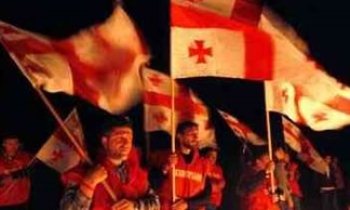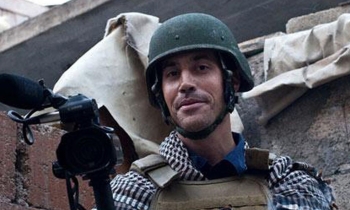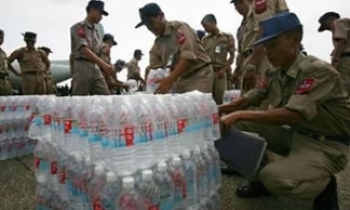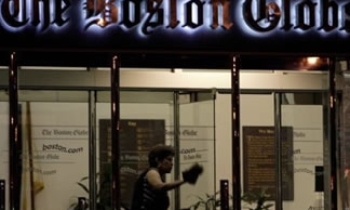Guatemala President Álvaro Colom has broached the possibility of declassifying a number of military documents that would shed light on the fate of thousands of Guatemalans who disappeared during the years of internal armed struggle in the country.
The president, on February 25 during an event marking National Victims' Day, said his initiative is supported by a number of high-ranking military officers, according to the Centro de Reportes Informativos sobre Guatemala (CERIGUA). The event, which honours the memory of those who died during the civil war, was held by the Peace Rose monument of the National Culture Centre in the nation's capital.
Between 1960 and 1996, Guatemalans were deeply affected by the civil war and state policies aimed at terrorising and silencing the population. It is believed that the army was responsible for the deaths of approximately 200,000 Guatemalans, including journalists and intellectuals.
In a report submitted to the Historical Clarification Commission (Comisión del Esclarecimiento Histórico) on December 15, 1997, the Forum for the Democratisation of Communication (Foro Permanente para la Democratización de las Comunicaciones) highlighted some of the cases that involved the press during that period.
One of the cases cited was the murder of Isidoro Zarco, cofounder of the Prensa Libre newspaper, who was shot to death on January 28, 1970 during an ambush in the city. The report also refers to the October 17, 1980 kidnapping of journalist Irma Flaquer, head of La Nación newspaper, and the shooting of her son. She "disappeared" and is believed to have been killed by her kidnappers. On December 19, 1980, Alaide Foppa, a commentator and art critic who had recently arrived in the country from Mexico, also went missing. Similarly, other important figures of the Guatemalan press were killed, "disappeared", forced into exile or tortured.
The declassified military documents will be submitted to the Human Rights Ombudsman (Procuraduría de los Derechos Humanos), similarly to the declassified documents concerning the former National Police.
Even though the president has shown his willingness to declassify the military documents, the matter is still under debate in the country and reasons of "national security" are cited in opposition to the move. According to CERIGUA, it is therefore of the utmost importance that the Access to Information Law, which has been shelved for some time, be approved.









